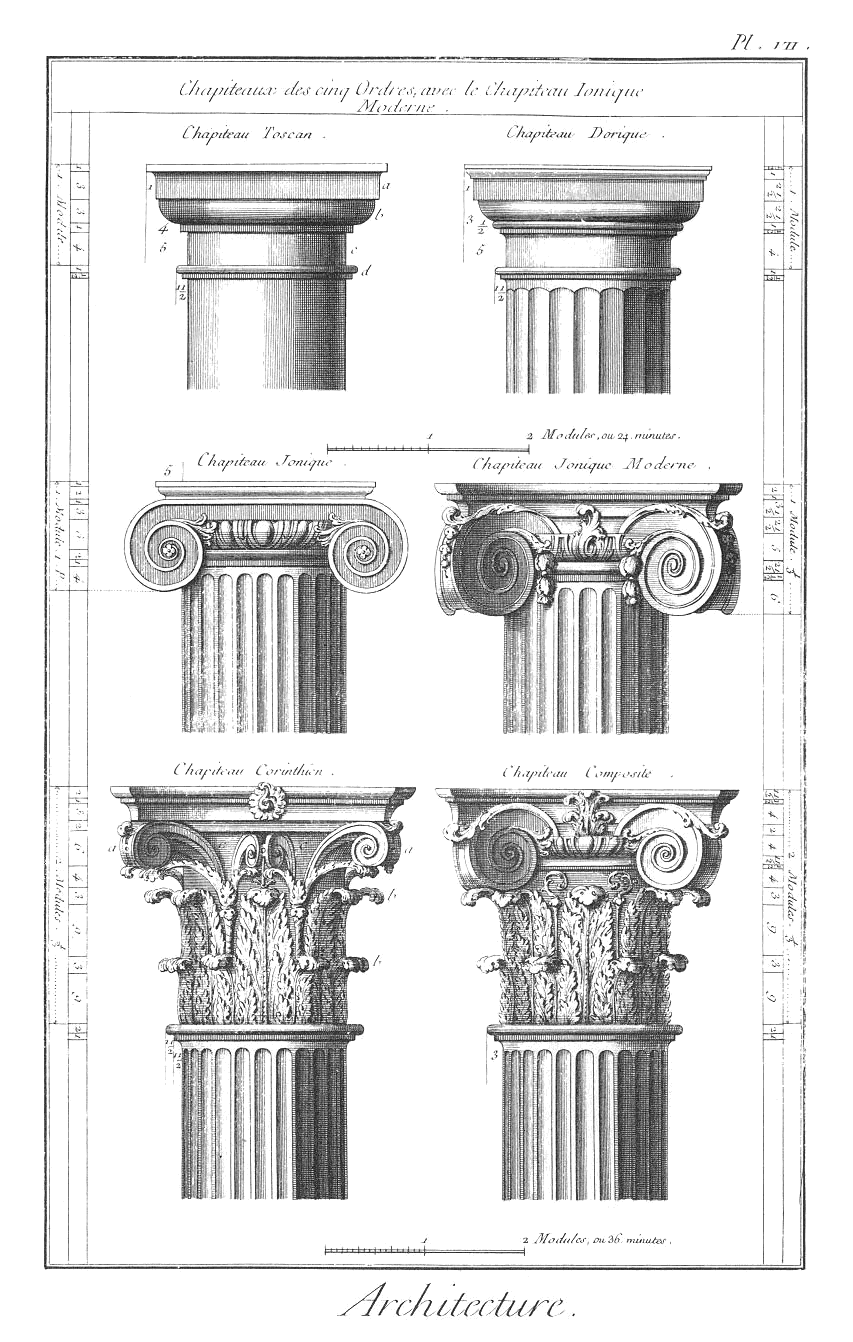|
Plethra
Plethron ( grc-gre, , plural ''plethra'') is an ancient unit of Greek measurement equal to 97 to 100 Greek feet (ποῦς, ''pous''; c. 30 meters), although the measures for plethra may have varied from polis to polis. This was roughly the width of a typical ancient Greek athletic running-track. A plethron could also be used as a unit of measured area, and reference to the unit in defining the size of a wrestling area is made by Libanius.Libanius, '' Orationes'', Chapter 10. A square plethron of c. 30 by 30 meters was used as the standard dimensions of a Greek wrestling square, since such competitions were held within the racing track in ancient Greece. In other connotations, it functioned as the Greek acre, and varied in size to accommodate the amount of land a team of oxen could plow in a day. The plethron continued to be used in the Byzantine Empire, where its variant uses were ultimately codified to refer to an area defined by sides of 100 feet or 40 paces (βῆμα, be ... [...More Info...] [...Related Items...] OR: [Wikipedia] [Google] [Baidu] |
Pous
The pous ( podes; grc-gre, ποῦς, ''poûs'') or Greek foot ( feet) was a Greek unit of length. It had various subdivisions whose lengths varied by place and over time. 100 podes made up one plethron, 600 podes made up a stade (the Greek furlong) and 5000 made up a milion (the Greek mile). The Greek pous also has long, median and short forms. The pous spread throughout much of Europe and the Middle East during the Hellenic period preceding and following the conquests of Alexander the Great and remained in use as a Byzantine unit until the Fall of Constantinople in 1453. Comparative analysis A pous is divided into digits or fingers (''daktyloi'') which are multiplied as shown. Generally the sexagesimal or decimal multiples have Mesopotamian origins while the septenary multiples have Egyptian origins. Greek measures of short median and long podes can be thought of as based on body measures. The lengths may be compared to the Imperial/U.S. foot The foot ( : fe ... [...More Info...] [...Related Items...] OR: [Wikipedia] [Google] [Baidu] |
Polis
''Polis'' (, ; grc-gre, πόλις, ), plural ''poleis'' (, , ), literally means "city" in Greek. In Ancient Greece, it originally referred to an administrative and religious city center, as distinct from the rest of the city. Later, it also came to mean the body of citizens under a city's jurisdiction. In modern historiography, the term is normally used to refer to the ancient Greek city-states, such as Classical Athens and its contemporaries, and thus is often translated as "city-state". The ''poleis'' were not like other primordial ancient city-states like Tyre or Sidon, which were ruled by a king or a small oligarchy; rather, they were political entities ruled by their bodies of citizens. The Ancient Greek ''poleis'' developed during the Archaic period as the ancestor of the Ancient Greek city, state and citizenship and persisted (though with decreasing influence) well into Roman times, when the equivalent Latin word was '' civitas'', also meaning "citizenhood", whi ... [...More Info...] [...Related Items...] OR: [Wikipedia] [Google] [Baidu] |
Libanius
Libanius ( grc-gre, Λιβάνιος, Libanios; ) was a teacher of rhetoric of the Sophist school in the Eastern Roman Empire. His prolific writings make him one of the best documented teachers of higher education in the ancient world and a critical source of history of the Greek East during the 4th century AD. During the rise of Christian hegemony in the later Roman Empire, he remained unconverted and in religious matters was a pagan Hellene. Life Libanius was born in Antioch, located near the modern-day city of Antakya, Turkey. He was born into a deeply cultured and once-influential family that had experienced substantial recent decline. In 303 AD, eleven years before his birth, his family had participated in resisting an insurrection by a local army garrison. In the end, Roman Imperial authorities were equally concerned by local aristocrats arming themselves as they were by the rebellious troops. Libanius' family fell out of favor and his grandfather was executed. Libanius' fa ... [...More Info...] [...Related Items...] OR: [Wikipedia] [Google] [Baidu] |
Wrestling Square
Wrestling is a series of combat sports involving grappling Grappling, in hand-to-hand combat, describes sports that consist of gripping or seizing the opponent. Grappling is used at close range to gain a physical advantage over an opponent, either by imposing a position or causing injury. Grappling i ...-type techniques such as clinch fighting, throw (grappling), throws and takedown (grappling), takedowns, joint locks, Grappling hold#Pinning hold, pins and other grappling holds. Wrestling techniques have been incorporated into martial arts, combat sport, combat sports and Military education and training, military systems. The sport can either be genuinely competitive or sportive entertainment (see professional wrestling). Wrestling comes in different forms such as freestyle wrestling, freestyle, Greco-Roman wrestling, Greco-Roman, judo, Sambo (martial art), sambo, folkstyle wrestling, folkstyle, catch wrestling, catch, submission wrestling, submission, sumo, pehlwani, shu ... [...More Info...] [...Related Items...] OR: [Wikipedia] [Google] [Baidu] |



